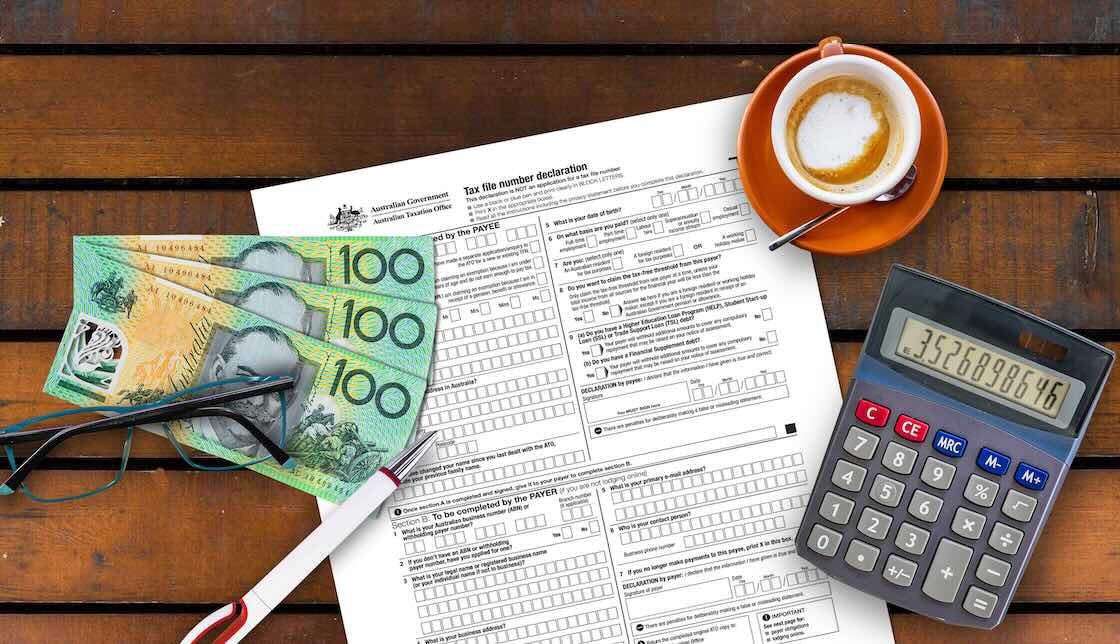[Updated August 21, 2024]
Tax laws authorise the ATO to impose administrative penalties for a range of conduct, including not taking reasonable care in claiming a deduction to which you are not entitled or making a false or misleading statement. The purpose of the penalty provisions is to encourage taxpayers to take reasonable care in complying with their obligations.
The law specifies the conditions making you liable to a penalty and the amount of the penalty. However, the ATO have discretion to reduce (remit) the penalty amount according to individual circumstances, so they frequently remit penalties before advising you of your tax debt.
If you’re dissatisfied with a penalty imposed on you, you may in most cases ask the ATO to remit it. You can also object to some penalties through the objection process.
Wondering how to request a remission of penalty from the ATO? Contact them via a tax agent, phone, or in writing, providing your details and reasons for the request.
How to Request a Remission of Penalty
You can ask for a reduction or cancellation of any penalty (referred to as partial or full remission), including penalties for failing to:
- lodge documents on time
- provide the amounts required (PAYG withholding system)
- meet other tax obligations.
You can make your request:
- through a registered tax agent
- by calling the ATO (for small penalties and simple cases)
- by mail to the address given in the letter advising you of the penalty.
For large penalties, or complicated cases, the ATO recommends you to provide the information to them in written form.
When requesting a review of a penalty, include the following information:
- your full name
- the name, postal address, and your phone number
- your Tax File Number (TFN) or Australian Business Number (ABN)
- the reference number from the letter advising you of the ATO’s decision
- the reasons why you think it is fair and reasonable for the ATO to remit the penalty in your situation.
How ATO assess a request for reduction
A key principle for the ATO is that taxpayers who under-report their income, over-claim their credits, or delay paying their tax should not gain an advantage over taxpayers who do the right thing.
In deciding whether to remit a penalty, the ATO also considers:
- your compliance history
- whether tax was deferred or avoided
- the reasons for the increased tax (or reduced credits) that brought about the imposition of penalties
- whether the ATO became aware of the tax shortfall because of your voluntary disclosure or the ATO’s compliance efforts
- your attitude towards complying with the tax laws.
Compliance History
The ATO encourage taxpayers with a good compliance history to remain compliant by treating them more leniently than taxpayers who don’t have a good compliance history.
A good compliance history does not mean you won’t have to pay a penalty if you have a shortfall amount. It means the ATO consider all the relevant circumstances, including your compliance history, when deciding whether it is fair and reasonable to remit the penalty in full or in part.
A good compliance history is generally one where you:
- have met all your lodgment obligations on time (including lodging activity statements and income tax returns)
- have paid all non-disputed debt (or have a payment arrangement)
- haven’t recently been liable for a penalty.
Tax Deferred or Avoided
If a tax debt was paid late (deferred) rather than permanently avoided, there may be scope to remit the penalty in full or in part. The level of remission would be influenced by the period of deferral and any tax avoided because of the deferral.
For example, a taxpayer may account for their GST on the wrong activity statement (that is, in the wrong period). After the amendments, if there is no shortfall amount in overall terms, the penalty may be remitted in full.
Similarly, if a deduction or credit is claimed in the wrong taxpayer’s return or activity statement but there is no shortfall amount in overall terms, a penalty may be remitted in full. If the two taxpayers have different tax rates there will be different shortfall amounts for each taxpayer and a net overall shortfall amount. Where this happens, the penalty may be remitted so that it equals the penalty that would be applied to the net overall shortfall.
Conclusion
At My Tax Refund Today, we understand that dealing with ATO penalties can be stressful and overwhelming.
If you believe a penalty has been unfairly imposed, requesting a remission can help alleviate that burden.
Our experienced team is here to guide you through the process, ensuring you have the best chance of success.
Whether you need help preparing your request, understanding the ATO’s considerations, or navigating the complexities of tax compliance, we’re here to assist you every step of the way.
Don’t hesitate to reach out to us for expert advice and support in managing your tax obligations effectively.






